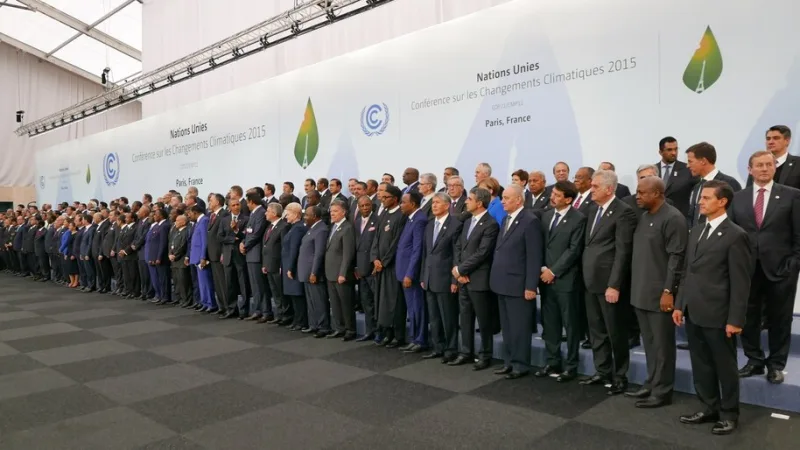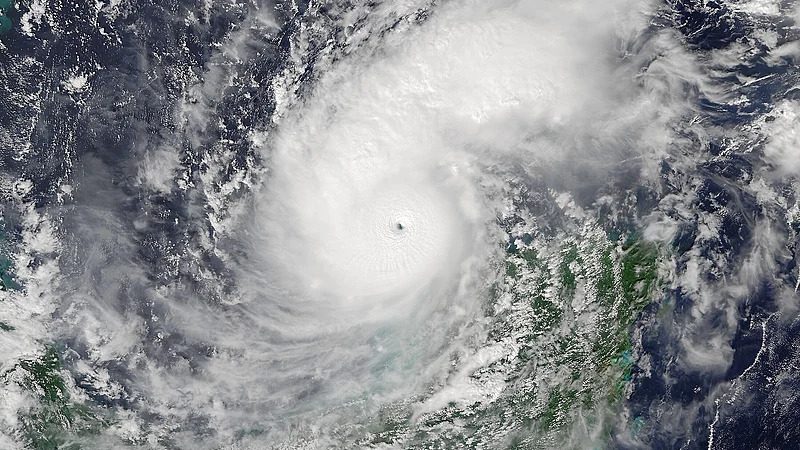Fires, Fossil Fuels, and Fury: A Year of Rising Heat

Record-Breaking Heat: According to a recent analysis by non-profit organization Climate Central, the past 12 months have been the hottest ever recorded on Earth. Researchers examined global average temperatures from November 2022 to October 2023 and discovered that they were 2.4 degrees Fahrenheit above preindustrial levels, equivalent to 1.32 degrees Celsius.
Global Impact
This unprecedented heat has had a profound impact on the world’s population. The analysis found that 90% of people experienced at least 10 days with exceptionally high temperatures that would have been improbable without the influence of climate change. Additionally, a quarter of the population faced five-day heat waves that were at least twice as likely due to climate change.
Scientific Insight
Andrew Pershing, Climate Central’s Vice President for Science, emphasized the gravity of the situation. He stated that this is the hottest our planet has been in approximately 125,000 years. Pershing pointed to the burning of fossil fuels as the primary driver of this increase in temperature. He also mentioned that El Niño, a natural climate pattern that releases ocean heat into the atmosphere, is beginning to contribute to rising temperatures.
While the analysis’s findings are not surprising to scientists, they highlight the widespread threat of heat across the globe in the past year. Climate change spared few places, indicating the urgent need to address this issue. Experts, including Pershing, predict that next year will set even more records as the influence of El Niño becomes stronger.
It’s worth noting that the Climate Central analysis has not undergone peer review. However, the organization has a strong reputation for analyzing climate trends using peer-reviewed methods from previous research.
COP28 on the Horizon
The release of this 12-month analysis coincided with the upcoming United Nations Climate Change Conference, also known as COP28, scheduled to take place in Dubai from November 30 to December 12, 2023. During the conference, world leaders will discuss several crucial topics, including the responsibility of wealthier nations to compensate poorer countries for climate damage, sustainable provision of air conditioning for those in need, and transitioning away from fossil fuels at an accelerated pace.
In a separate report from the United Nations Environment Program and various climate research groups, it was found that governments are failing to reduce reliance on fossil fuels. According to the report, governments plan to extract and produce double the amount of fossil fuels necessary to limit global temperature rise to 1.5 degrees Celsius above preindustrial conditions, a goal outlined in the 2015 Paris Agreement adopted by 196 nations.
The United States has also experienced extreme weather events in 2023, indicating the links to climate change. The Southwest endured over two weeks of extreme heatwave conditions, with temperatures in Phoenix exceeding 110 degrees Fahrenheit for more than three weeks. Much of Texas, including Houston and Dallas, also saw temperatures surpassing 100 degrees Fahrenheit for a similar duration.
Tragically, Maricopa County in Arizona reported at least 569 heat-related deaths this season, with more cases under investigation. Additionally, climate change has made Canada’s historic wildfire season, where at least 45 million acres burned, at least twice as likely. The resultant smoke from Canadian wildfires even impacted areas as far as New York City and Florida in the United States.






